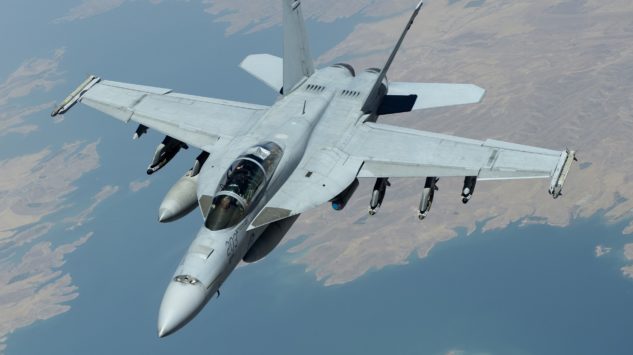Issue Briefs

Ukraine Tensions Should Be A Reminder Of Germany’s Nuclear Role In NATO, Which Will Soon Depend On 30 Super Hornet Fighters (From Forbes)
Loren B. Thompson
February 08th, 2022
Recent criticism of Germany’s reliability as an ally tends to neglect many of the concrete contributions it makes to NATO. One of the least-mentioned contributions is that Germany’s air force is part of a regional nuclear force that deters Russian use of weapons of mass destruction against European NATO nations. It’s a controversial mission, but one to which Berlin has repeatedly confirmed its commitment. In order to continue doing the nuclear mission, though, it needs to replace its aging Tornado fighter bombers. In 2020 it decided to buy 30 F/A-18E/F Super Hornets for the nuclear strike role, plus an additional 15 EA-18G Growlers based on the same airframe for electronic warfare missions. Berlin had other options, but they either took too long to implement before Tornadoes would have to retire, or they foreclosed options to participate on a next-generation European fighter. In the end, Super Hornet looked like the best bet to maintain continuity in Germany’s nuclear role through mid-century. I have written a commentary for Forbes here.
| Loren B. Thompson is a Senior Adviser at GPI, Chief Operating Officer of the non-profit Lexington Institute and Chief Executive Officer of Source Associates, a for-profit consultancy. Prior to holding his present positions, he was Deputy Director of the Security Studies Program at Georgetown University and taught graduate-level courses in strategy, technology and media affairs at Georgetown. He has also taught at Harvard University’s Kennedy School of Government. Mr. Thompson holds doctoral and masters degrees in government from Georgetown University and a bachelor of science degree in political science from Northeastern |